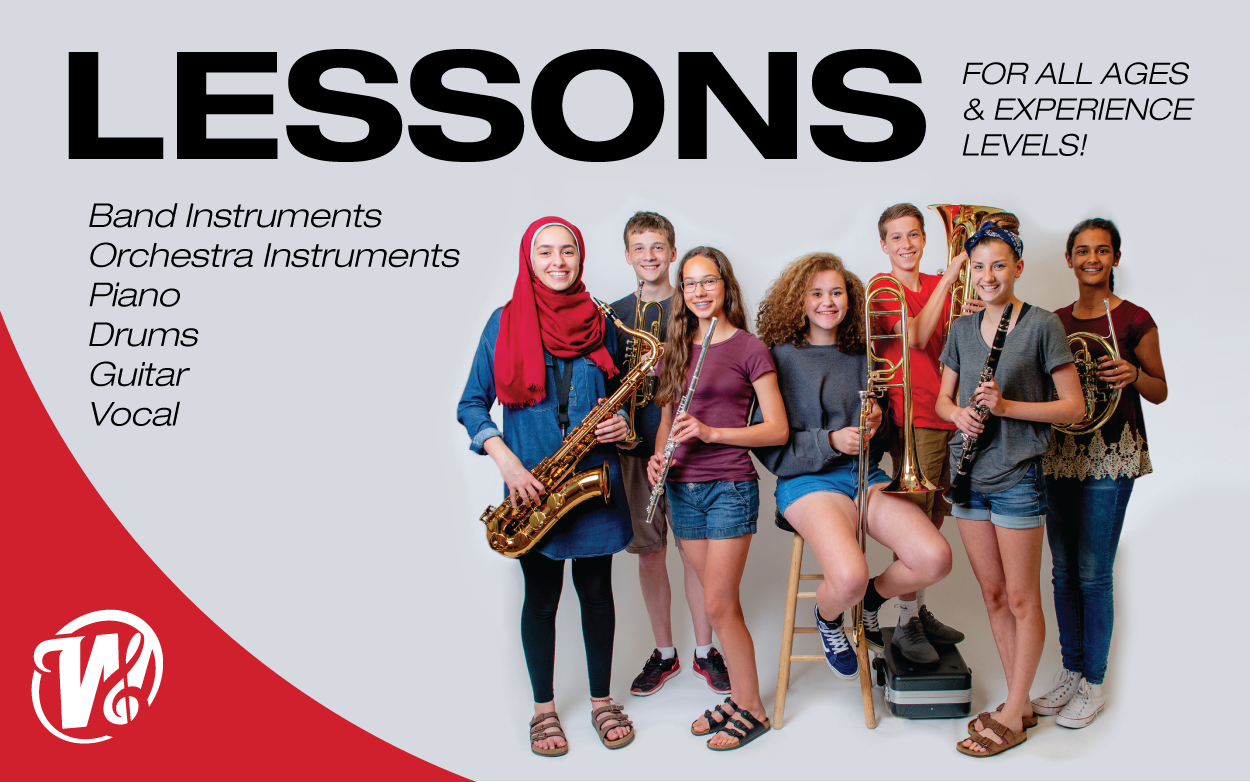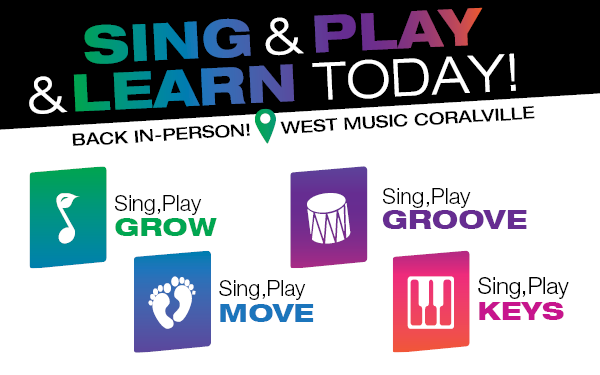Unlock Your Musical Potential: Quick Steps to Enroll in Music Lessons
Discover how you can take the first steps towards unlocking your musical potential by enrolling in music lessons. Learn about the benefits of music education and how easy it is to get started on your musical journey.
Benefits of Music Lessons
Music lessons offer numerous benefits for individuals of all ages. Whether you're a beginner or have some prior musical experience, here are some key advantages of taking music lessons:
- Improved cognitive skills: Learning to play a musical instrument can enhance your memory, attention span, and problem-solving abilities.
- Emotional expression: Music provides a creative outlet to express emotions and can be therapeutic in relieving stress and anxiety.
- Enhanced coordination: Playing an instrument requires coordination between your hands, eyes, and ears, which can improve your motor skills.
- Increased discipline and perseverance: Learning to play an instrument requires consistent practice and dedication, teaching you the value of hard work and persistence.
- Boosted self-confidence: As you improve your musical abilities, you'll gain confidence in your skills and performance abilities.
These are just a few examples of the many benefits that music lessons can offer. Whether you're looking to develop new skills, relieve stress, or pursue a lifelong passion, music lessons can provide a rewarding experience.
Choosing the Right Music School
When it comes to choosing a music school for your lessons, there are a few factors to consider to ensure you find the right fit:
- Reputation and expertise: Research the reputation and credentials of the music school and its instructors. Look for experienced teachers who specialize in the instrument or genre you're interested in.
- Lesson options: Determine whether the music school offers lessons for your desired instrument and level of expertise. Consider whether you prefer individual lessons or group classes.
- Location and schedule: Consider the location of the music school and its proximity to your home or workplace. Additionally, check if the school offers flexible scheduling options to accommodate your availability.
- Facilities and resources: Visit the music school if possible to assess the facilities and resources available. Look for well-maintained instruments, practice rooms, and a supportive learning environment.
- Student reviews and testimonials: Read reviews or testimonials from current or previous students to get an idea of their experiences with the music school.
By carefully considering these factors, you can ensure that you choose a music school that meets your needs and provides a positive learning environment.
Scheduling Your First Lesson
Once you've chosen a music school, it's time to schedule your first lesson. Here's what you need to know:
- Contact the music school: Reach out to the music school through their website or contact information to inquire about lesson availability.
- Discuss your goals and preferences: During your initial conversation with the music school, communicate your goals, musical preferences, and any prior experience you may have.
- Determine the lesson format: Decide whether you prefer individual lessons or group classes. Individual lessons offer personalized attention, while group classes provide opportunities for collaboration and ensemble playing.
- Select a convenient schedule: Work with the music school to find a lesson schedule that fits your availability. Consider whether you prefer weekly or bi-weekly lessons.
- Prepare any necessary materials: Inquire about any materials or instruments you need to bring to your first lesson. The music school may provide recommendations or requirements.
By following these steps, you'll be on your way to scheduling your first music lesson and embarking on your musical journey.
Setting Goals for Your Musical Journey
Setting goals can help you stay motivated and track your progress throughout your musical journey. Here are some tips for setting effective goals:
- Be specific: Clearly define what you want to achieve in your music lessons. For example, instead of a vague goal like 'improve my guitar skills,' specify a target like 'learn to play three new songs by the end of the month.'
- Break it down: Divide your larger musical goals into smaller, manageable tasks. This will make them more achievable and allow you to celebrate milestones along the way.
- Set a timeline: Assign deadlines to your goals to create a sense of urgency and keep yourself accountable. However, be realistic with your timeline to avoid feeling overwhelmed.
- Track your progress: Regularly assess your progress and adjust your goals as necessary. Celebrate your achievements and identify areas where you can improve.
By setting clear and attainable goals, you can make the most of your music lessons and continuously strive for improvement.
Practicing and Progressing
Regular practice is key to progressing in your music lessons and reaching your musical goals. Here are some tips to help you make the most of your practice sessions:
- Establish a routine: Set aside dedicated time each day or week for practice. Consistency is key to building and retaining your musical skills.
- Break it down: Divide your practice session into smaller segments focused on different aspects of your playing. This will help you tackle specific challenges and avoid feeling overwhelmed.
- Use effective practice techniques: Incorporate techniques like slow practice, repetition, and focused listening to improve your skills efficiently.
- Seek feedback: If possible, record your practice sessions or play for a knowledgeable friend or instructor to receive feedback and identify areas for improvement.
- Stay motivated: Keep your passion for music alive by exploring new songs, genres, and techniques. Set mini-goals and reward yourself for achieving them.
Remember, progress takes time and dedication. By committing to regular practice and staying motivated, you'll continue to grow as a musician and unlock your full musical potential.


